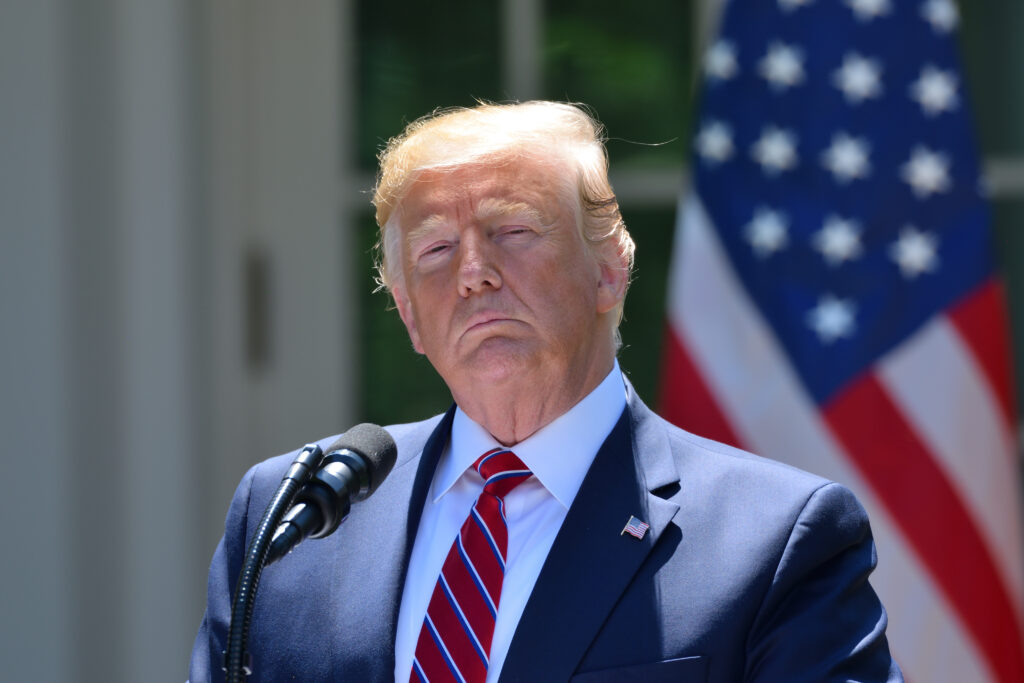During his four-day visit to the Gulf, U.S. President Donald Trump unveiled a record-breaking $142 billion arms deal with Saudi Arabia, marking the largest defense agreement in U.S. history. The deal, according to the White House, includes sales of advanced aircraft, missile defense systems, surveillance equipment, and border defense technologies from several American defense contractors.
Trump’s visit, which heavily emphasized business and investment, also saw Saudi Crown Prince Mohammed bin Salman pledge a $600 billion investment into the U.S. economy. This sum includes funding for projects in artificial intelligence, energy technology, and aviation. However, details of the agreement remain somewhat vague, with some of the initiatives being recycled from prior administrations.
A Historic Meeting with Syria’s President Sharaa
In another key development, the White House confirmed that President Trump will hold talks with Syria’s newly-elected president, Ahmed al-Sharaa. This marks the first meeting between a U.S. and Syrian head of state in over two decades. Al-Sharaa, a former key figure in the overthrow of Bashar al-Assad in 2024, is expected to discuss lifting U.S. sanctions on Syria.
Trump, following discussions with Saudi and Turkish leaders, is reportedly considering the removal of sanctions as part of a broader diplomatic push. In exchange, Sharaa is offering U.S. companies access to Syria’s oil fields, contracts for post-war reconstruction, and potential plans for a Trump Tower in Damascus. Advisors to Sharaa believe that such personalized business deals will appeal to Trump, who has shown a strong interest in real estate projects.
Ethical Concerns Surround Gulf Ties and Business Deals
Trump’s close ties with Gulf nations have ignited new ethical concerns, particularly surrounding a reported $400 million gift from Qatar. The gift, a Boeing 747-8, is said to temporarily serve as Air Force One before being repurposed for Trump’s future presidential library. Democratic lawmakers have called the gift unprecedented and have raised questions about its legality, requesting an ethics review. They suggest that it could violate U.S. rules governing foreign gifts to officials.
Despite the criticism, Trump has dismissed these concerns, defending the arrangement as above board and accusing critics of making partisan attacks. The controversy is further complicated by Trump’s recent business dealings in Qatar, including a luxury golf resort project, which has raised questions about potential conflicts of interest.
Trump’s Decision to Skip Israel Amid Gaza Tensions
A significant aspect of Trump’s visit was his decision to bypass Israel. This is a notable departure from tradition, as Israel has long been a key ally in the region. The strained relationship between Trump and Israeli Prime Minister Benjamin Netanyahu, along with the ongoing Gaza conflict, were cited as the primary reasons for the omission.
Before Trump’s arrival, Hamas released the last remaining American hostage held in Gaza, potentially in an attempt to secure Trump’s support for a ceasefire. However, Netanyahu remained firm, pledging to continue military operations against Hamas and dismissing any notion of a ceasefire as temporary.
Trump’s Gulf tour has largely focused on securing major investment deals and recalibrating U.S. strategy in the region. While traditional alliances remain important, the President has increasingly relied on one-on-one diplomacy to advance U.S. interests. His next stops include the United Arab Emirates and Qatar, where further economic partnerships and strategic discussions are expected.
The U.S.-Saudi defense deal and Trump’s regional visit highlight the growing role of economic diplomacy in shaping U.S. foreign policy. As these developments unfold, the broader implications for U.S.-Middle East relations and Trump’s ongoing business interests remain closely scrutinized.
